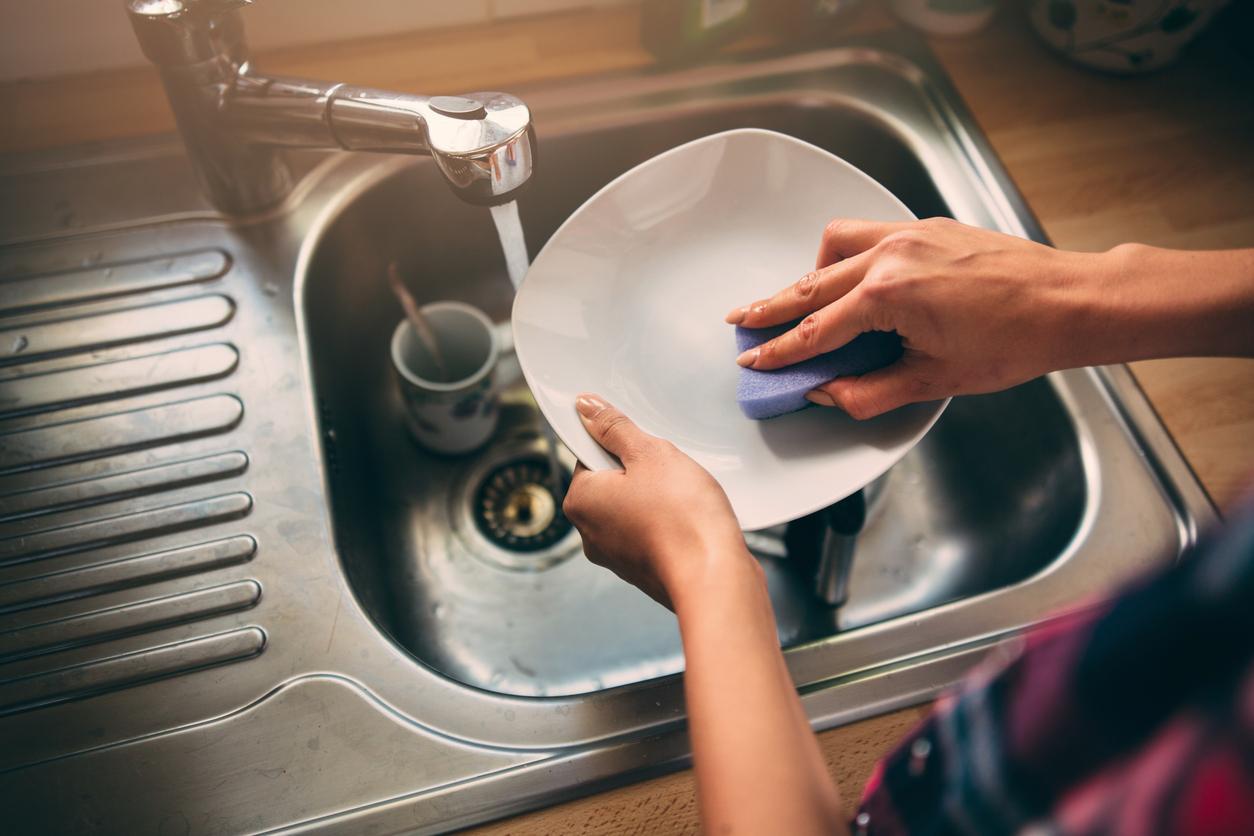How to wash up dishes properly, according to Good Housekeeping's new checklist
Can’t get crockery clean? Your technique could be to blame

Your support helps us to tell the story
From reproductive rights to climate change to Big Tech, The Independent is on the ground when the story is developing. Whether it's investigating the financials of Elon Musk's pro-Trump PAC or producing our latest documentary, 'The A Word', which shines a light on the American women fighting for reproductive rights, we know how important it is to parse out the facts from the messaging.
At such a critical moment in US history, we need reporters on the ground. Your donation allows us to keep sending journalists to speak to both sides of the story.
The Independent is trusted by Americans across the entire political spectrum. And unlike many other quality news outlets, we choose not to lock Americans out of our reporting and analysis with paywalls. We believe quality journalism should be available to everyone, paid for by those who can afford it.
Your support makes all the difference.One of the country’s most-hated chores, many British households have turned to dishwashers to get their crockery clean – so much so, that it seems some of us have completely forgotten how to do it the ‘old-fashioned’ way.
Should you soak your dishes, are rubber gloves a good idea, and what should you tackle first?
Luckily, the domestic gurus at the Good Housekeeping Institute have come up with their very own checklist to help get your kitchenware as good as new in no time.
According to the household experts, the art of doing the dishes commands a specific order. You should always start with glasses, mugs and cups, before moving on to side plates, dinner plates and cutlery.
Larger pieces like serving dishes, pans and roasting tins should be left until last.
The guide also suggests that wearing rubber gloves is vital so that the water can be piping hot and more effective at killing germs.
Similarly, it’s important to change the water halfway through and to scrape as much food off the plates before you begin.
“If you ever find that you just can't get your crockery clean, or that your cutlery has lost its shine, it could be how you're washing up that's to blame,” the GHI guide says.
“Not getting rid of food debris before you wash up not only clogs the drain but also makes your scrubbing redundant; all of your dishes will only end up soaking in grease and dirt.
“And if your pans are burnt or stained then a soak in hot, soapy water will make your wash much easier.”
When it comes to what you should wash up with, the gurus suggest that brushes should be changed regularly while dishcloths need to be machine washed.
But, perhaps the most surprising tip is to put your damp, non-metal sponges in the microwave for 40 seconds to help destroy unwelcome germs.
Now there's no excuse for grubby crockery.
Join our commenting forum
Join thought-provoking conversations, follow other Independent readers and see their replies
Comments